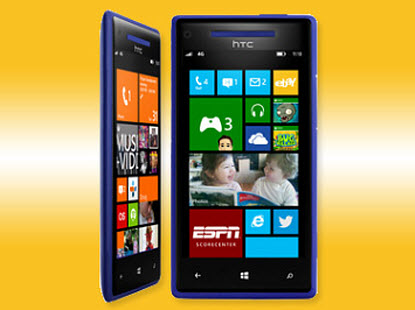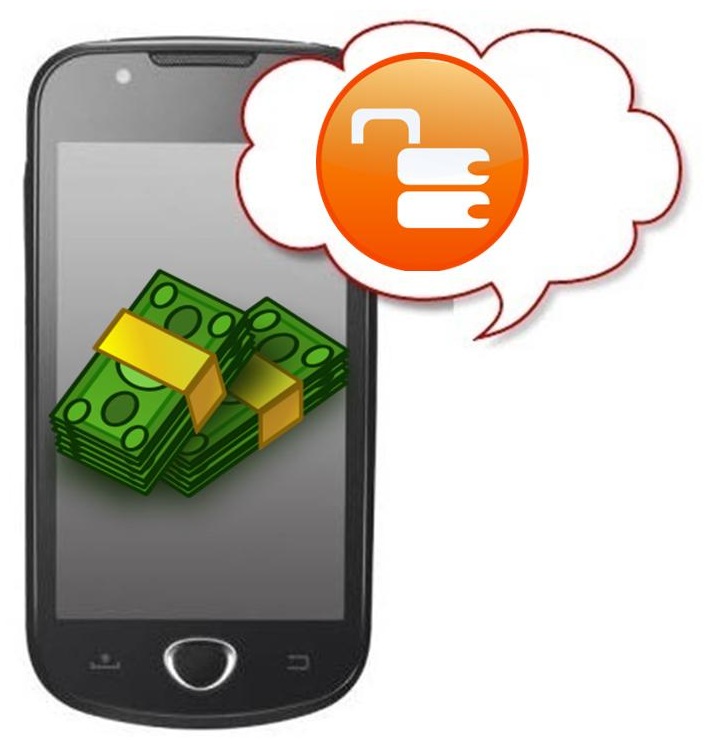BitPay will soon be launching a new platform that will available for free from Microsoft’s app store.
BitPay has now launched an open source, multi-signature bitcoin mobile wallet platform called Copay, which can be obtained through the Windows Phone app store, says a press release from that company.
The platform is available now and can be downloaded from that app store for free.
The Copay mobile wallet app is an open source project that was headed by BitPay, which is best known as a bitcoin processing payment processor for Microsoft. The application was first launched last week in Las Vegas at the massive CES technology show. Copay has been a project that has been a focus of BitPay since early last year. Since that time, it has been designing and creating the platform for its own corporate use. The software was originally developed for the purpose of offering an open source base on which highly secure bitcoin payment services could be constructed.
This mobile wallet software platform was used for transactions that need several authorization levels.
 For that reason, it worked very well when it came to the concept of corporate fund management. According to the CEO of BitPay, Stephen Pair, “This is one of our contributions to the Bitcoin technology.” He also added that the support from Microsoft has made it possible for the company to be able to “make our code available to a new group of developers and companies. We look forward to seeing how Copay evolves.”
For that reason, it worked very well when it came to the concept of corporate fund management. According to the CEO of BitPay, Stephen Pair, “This is one of our contributions to the Bitcoin technology.” He also added that the support from Microsoft has made it possible for the company to be able to “make our code available to a new group of developers and companies. We look forward to seeing how Copay evolves.”
At the moment, BitPay is hoping that developers will take a good look at its software and leave reviews for it. The company is also encouraging those developers to use that software and build on it so that they will be able to release commercial services and products such as solid mobile wallets, that are created on a foundation of Copay. This, according to the announcement of the release of this software and of its open availability.
Bitcoin as a currency has seen a rocky road, as have mobile payments, so it will be interesting where this new direction takes them.
Consumers continue to worry about the safety of using various types of smartphone based wallet and transactions.
According to the results of a recent One Poll survey, only 1 percent of device users actually feel that using a third party mobile payments provider provides them with adequate security to keep their data safe when making a purchase in-store.
The survey involved the participation of 2,011 people throughout the United States and United Kingdom.
The research was conducted by One Poll, but it was commissioned by a company called Tripwire, which provides security and compliance solutions. It found that only about 1 in every 100 people feel that mobile payments, such as those provided by Google Wallet and Apple Pay – among others – are adequately secure to keep their sensitive data safe. In the United Kingdom, 53 percent of respondents felt that using a credit cards was the safest way to make a purchase online. Conversely, only 37 percent of American consumers felt the same way.
Consumers continue to be concerned about using mobile payments, particularly when even large corporations experience security breaches.
 In the United States, 26 percent of consumers felt that using an internet connection that is wired is more secure for processing online payments transactions than using a wireless one.
In the United States, 26 percent of consumers felt that using an internet connection that is wired is more secure for processing online payments transactions than using a wireless one.
According to the Tripwire director of IT security and risk strategy, Tim Erlin, “Consumers are understandably concerned about payment card security after a long swath of breaches. Mobile wallet providers aren’t immune to that sentiment, and it certainly doesn’t seem to be going away.” He also added that it could be possible for those providers to succeed within this market by placing a more central focus on security within their marketing. Erlin feels that consumers are ready to use the smartphone payments technology if they are given a message that will allow them to feel more confident about the security of that tech.
The research also determined that the “lock icon” is an indication that online transactions will be processed security, among 62 percent of the survey participants. Moreover, 47 percent of the consumers from the United States checked the URL to see if SSL is being used by the page. Only 15 percent of the respondents from the United Kingdom did the same thing.
The study suggests that to overcome a major barrier to the adoption of mobile payments, consumers will need to be reassured that their data will be processed much more securely than they feel is currently occurring.
 For that reason, it worked very well when it came to the concept of corporate fund management. According to the CEO of BitPay, Stephen Pair, “This is one of our contributions to the Bitcoin technology.” He also added that the support from Microsoft has made it possible for the company to be able to “make our code available to a new group of developers and companies. We look forward to seeing how Copay evolves.”
For that reason, it worked very well when it came to the concept of corporate fund management. According to the CEO of BitPay, Stephen Pair, “This is one of our contributions to the Bitcoin technology.” He also added that the support from Microsoft has made it possible for the company to be able to “make our code available to a new group of developers and companies. We look forward to seeing how Copay evolves.”
 In the United States, 26 percent of consumers felt that using an internet connection that is wired is more secure for processing online payments transactions than using a wireless one.
In the United States, 26 percent of consumers felt that using an internet connection that is wired is more secure for processing online payments transactions than using a wireless one.